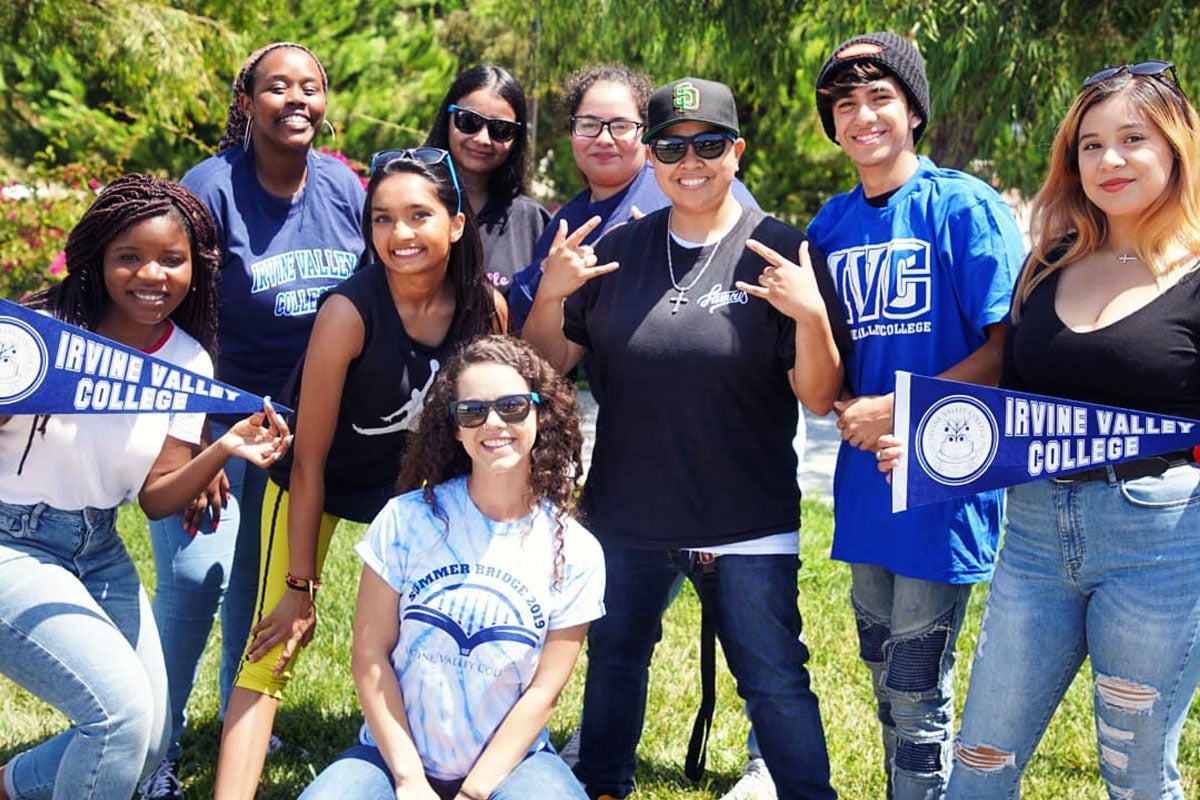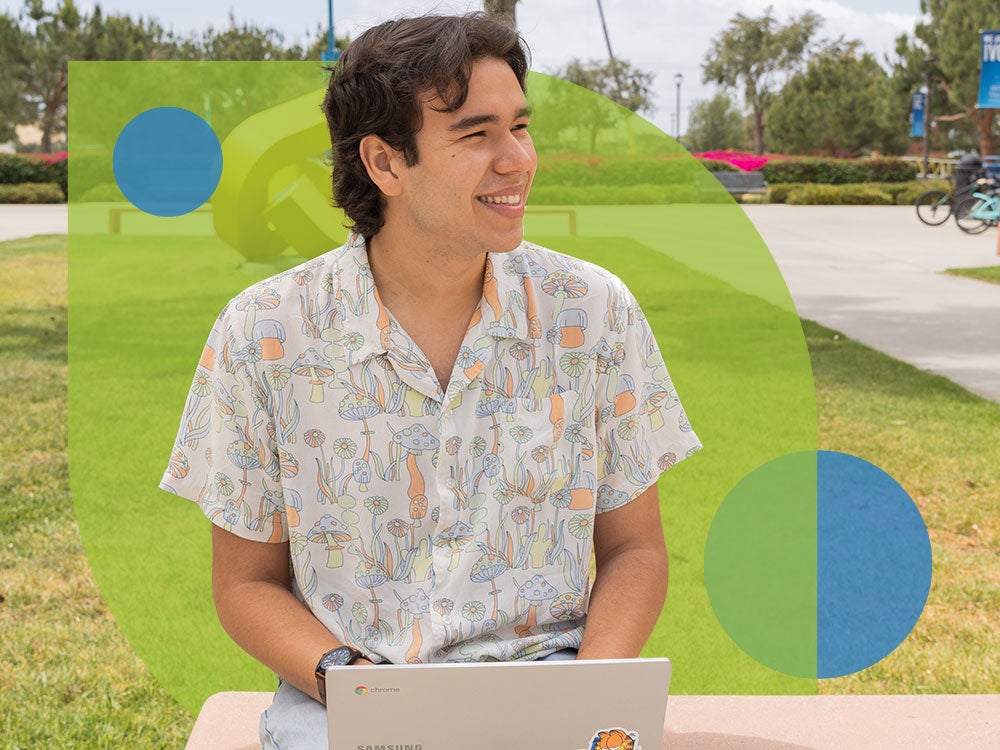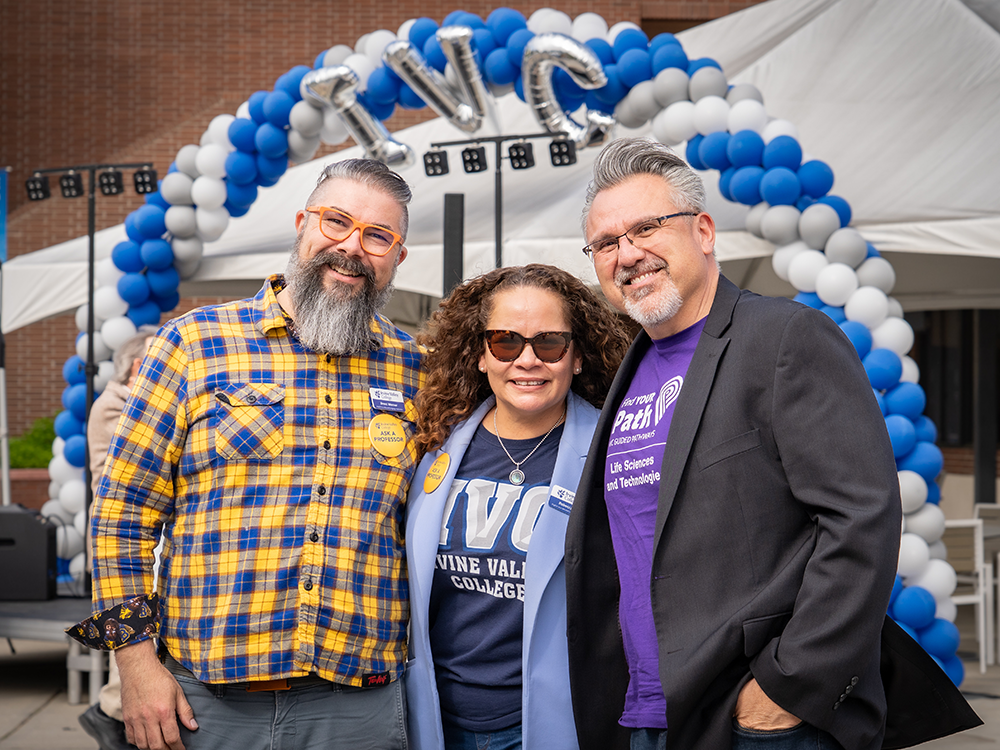I introduced a Land Acknowledgement at the Spring 2021 President’s Opening Session. This was something I had introduced at my former institution and reflects a Diversity, Equity, Inclusion, and Accessibility (DEIA) value that should be of importance to any college community. The practice of acknowledging and honoring Indigenous People and the land on which our college was built has been widely embraced and I would like to share this information to emphasize its significance.
What is a Land Acknowledgement?
A Land Acknowledgement is a formal statement that recognizes and respects Indigenous Peoples as traditional stewards of ancestral lands and which recognizes the enduring relationship that exists between Indigenous Peoples and their traditional territories.
Why do we recognize the land?
To recognize the land is an expression of gratitude and appreciation to those whose territory one resides on and a way to honor the Indigenous People who have been living and working on the land from time immemorial. It is important to understand the long-standing history that has brought us to reside on the land and to seek to understand our place within that history. Land acknowledgments encourage faculty, staff, administrators, and students to acknowledge the original Nations and Tribes on whose land we work, learn and live.
Statewide Advocacy for Land Acknowledgements
In an effort to encourage colleges to collaborate with local tribal representatives in the creation of land acknowledgements, the California Community Colleges Chancellor’s Office recently created the California Land Acknowledgement and Tribal Consultation Toolkit for Serving American Indian and Alaska Native Students: Relationship Building with Tribal Governments and Partners Throughout the State. The toolkit was created in collaboration with the National Indian Justice Center, California Indian Museum and Cultural Center, California Indian Culture and Sovereignty Center and Naqmayam Communications. This toolkit provides a historical and political context, important demographics, and the processes and protocols for meaningful and consistent consultation with California Indian Tribes.
Beyond a Land Acknowledgement
Since its introduction to the IVC community, our land acknowledgement has solemnly been read at college functions such as President’s Opening Day sessions, at the 2022 Commencement Ceremony and other campus events. The creation of the IVC Land Acknowledgement aligns with our college’s DEIA values and efforts; however, it is important to recognize that a land acknowledgement alone is not enough. Additional measures might include:
- Commit to allyship and reciprocal relationships with local-regional tribal communities.
- Support American Indian students, staff and faculty through improving culturally sustaining pedagogies, cultural awareness, and support services.
- Commit to future action including consultation, collaboration and engagement with Tribal community representatives on developing courses, research, programming, collections, events and other actions that are related to or impact Tribal communities, ancestral territories, students or scholarships.
This spring semester I will join a group of over 40 faculty, staff, and administrators to participate in a two-hour e-course titled “Beyond the Land Acknowledgement” in order to gain actionable ideas and concepts for how to move beyond a performative land acknowledgement and towards genuine relationships with Native Indigenous community members. It is my hope that we continue to grow in our understanding of how best to develop proactive and practical actions to move our college community towards representation and reciprocal exchange. We want to develop and incorporate these strategies to make space for American Indian and Alaska Native (AIAN) students and tribal communities to see themselves reflected within our institution.
Best,
John
Sources used within this column:





